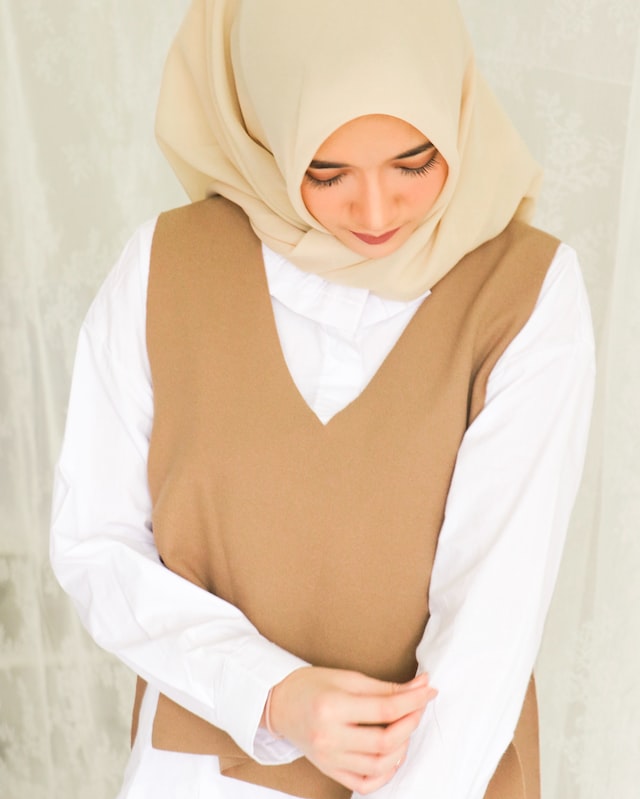
A while back I came across two stories that served as shining examples of the failings of ‘choice Feminism’. ‘Choice Feminism’ may not be a term we’re all familiar with but its basic premise is one society holds onto most fervently. The basic idea is that whatever a woman chooses is empowering, that Feminism/women’s empowerment is not about changing the women’s actions or roles in society but allowing them to choose which actions and roles they’d like to participate in.
This is not holistically negative. Muslim women often cling to ‘choice Feminism’ when discussing our right to wear hijab or niqab, and housewives cling to choice Feminism when discussing their right to be homemakers. Both groups urge that they are indeed not oppressed in their actions because they choose to participate in it (we can discuss why these are shallow arguments in these specific examples another time). But while these arguments may ‘work’ to relieve both groups of the accusations that they are backward, anti-Feminism, or pro-Patriarchy they ultimately do not ‘work’ as a tool of empowerment.
There are two reasons why choice Feminism doesn’t work as a philosophy for anyone whose goal is improving the lives of women; all choices are not equal and all choices are made within larger contexts (contexts in which endless choice is impossible). The first story I came across that illustrated this point was the story of a former ‘playboy bunny’ who publicly shamed her former employer for their degrading practices. The second was an actress who plead with her current employers to lessen the number of nude scenes she was obliged to participate in.
Our immediate reaction —especially as women, when we see other women objectified in these ways —dressed up and paraded for entertainment, stripped down for user consumption, is discomfort and shame. But these feelings are immediately covered over with the thought that those women are ‘choosing’ to participate and so we see them as willing participants, not victims. And yet despite women choosing to participate, can we fully say they have a choice in the matter? If her employer said, ‘participate in the scenes or don’t, it’s up to you’ then we can place as much blame on her as we do on everyone responsible for the show but if they say, ‘do the scene or you’re fired’ can we truly say that she is equally responsible for her choice to participate?
This is tricky territory. We cannot remove women’s agency for their own life choices but we also can’t pretend as if these choices are made in a vacuum. Nor can we pretend all choice is equal. Women being made the object —dressed half-naked for the entertainment of men, hurt women as a group even if some choose to freely participate. While I don’t believe that women’s full equality to men in terms of ‘sameness’ is a worthwhile goal I do believe that women’s equality in terms of value —especially in the public sphere, is crucial. The excessive images of half-naked —or naked, women available for men’s desires do not aid women in our plight for fairness, equity, and respect.
Unfortunately, in a society where we do not agree on morality, some might say that one woman wearing hijab and the other performing nude scenes on a TV show both buy into the Patriarchy. Thus we can probably find more alignment with wider society in questioning the idea of choice than in questioning the inherent immorality of the actions women participate in. We have to question what choice truly is and under what circumstances it is made. If we can at the very least agree that choice is not neutral, we can begin to investigate the pressures and forces behind women’s choices. Perhaps if we do this, fewer women will feel that they must smile through degradation and begin to speak up sooner.
Photo by Sandi Benedicta on Unsplash
Related:
- Freedom to Choose https://bythefigandtheolive.com/freedom/
- Can Feminism Solve our Problems? https://bythefigandtheolive.com/solvefeminism/
- Teaching our Daughters to be Resilient, Resourceful, and Unafraid https://bythefigandtheolive.com/womenunafraid/





Recent Comments